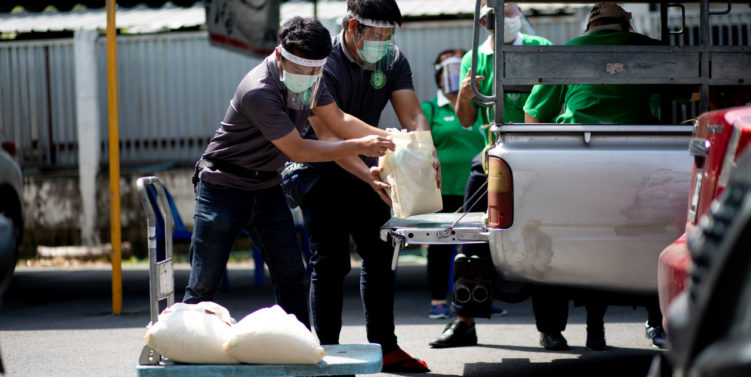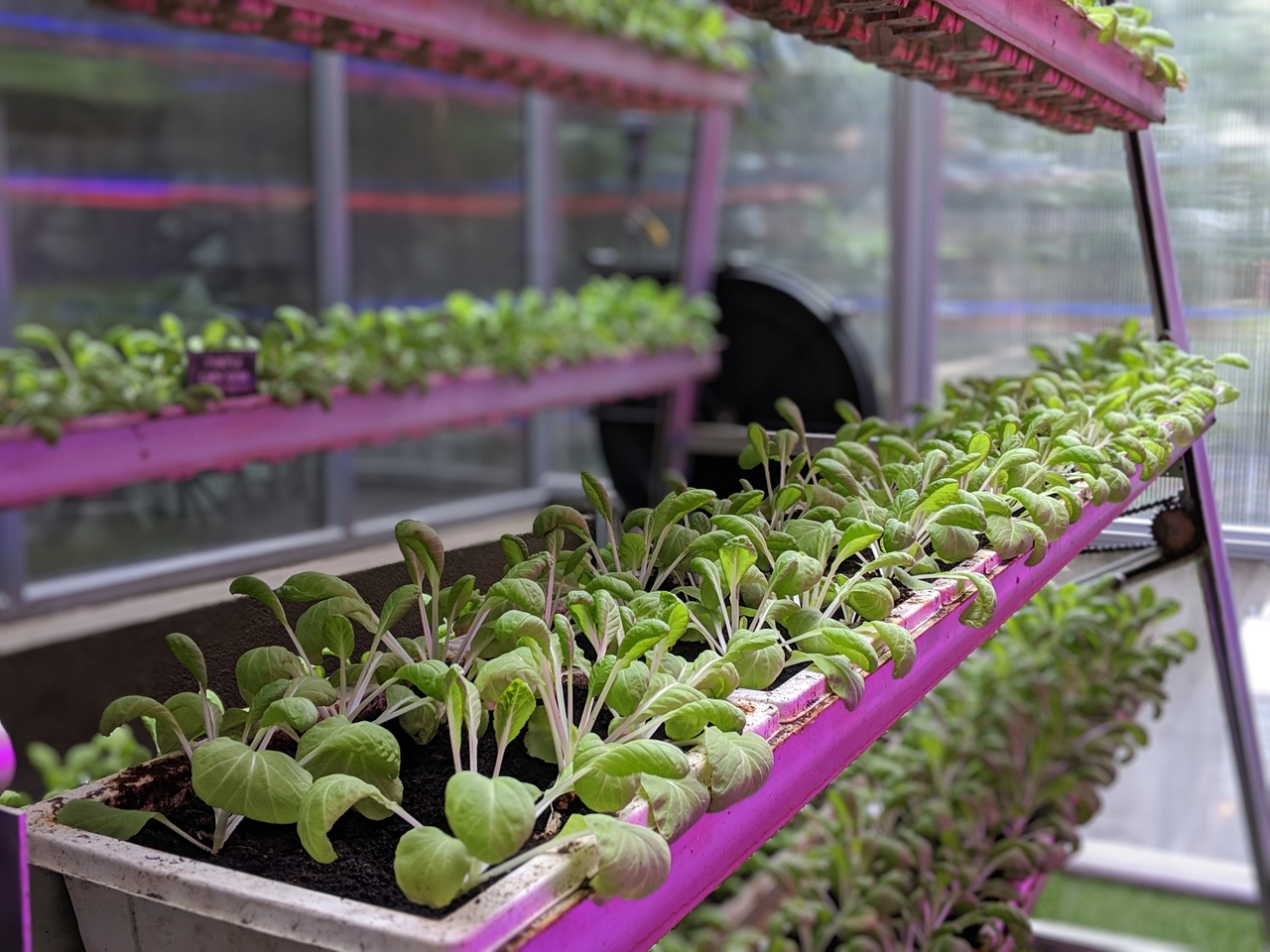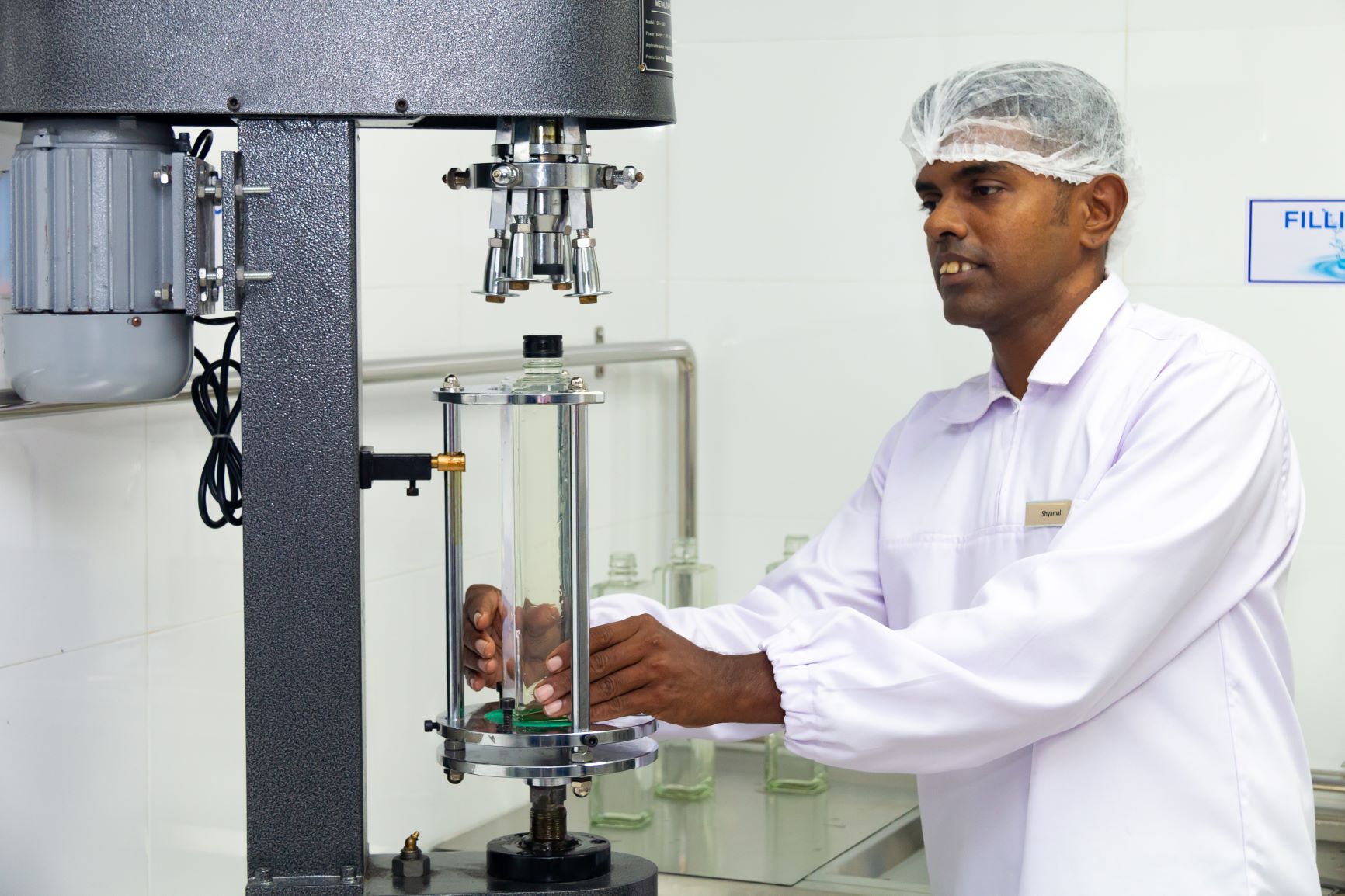Hilton in South East Asia Committed to Reducing Environmental Footprint through Sustainable Initiatives

From Bali to Singapore, Hilton’s hotels place sustainability high on the agenda to drive positive impact on local communities
Despite operating under unusual circumstances over the past year, the hotels under leading hospitality company Hilton kept its focus on reducing its environmental footprint through responsible hospitality across their value chain.
Mindfully present in a region which is heavily reliant on travel, each of Hilton’s 45 hotels in South East Asia invested time and effort into initiatives towards protecting the world’s natural resources through energy and carbon management, water stewardship, waste reduction and responsible sourcing.
From sustainable dining to wildlife conservation, guests passionate about regenerative travel can now witness and participate in various environmental initiatives at Hilton’s hotels and resorts across South East Asia that are led by the dedicated team members in the hotels.
“As a hotel company of our scale and heritage, Hilton recognizes our ability and responsibility to create positive change in the communities that we operate in. We are extremely proud of our hotels and resorts in South East Asia for stepping up to the challenge and working towards furthering the sustainability agenda through collective efforts in plastic reduction, food waste management and other conservation initiatives. The journey towards achieving our destination stewardship goals will continue in 2021 and beyond,” said Paul Hutton, vice president, Operations, South East Asia, Hilton.
Sustainable Sourcing and Dining
With the burden on the earth’s food supply at an all-time high, local team members at Hilton’s hotels have responded by infusing sustainable practices into menu engineering, reviewing local procurement and rethinking culinary operations to reduce food waste.
Leading the farm-to-table experience is Conrad Koh Samui which launched the inspirational Iris Farm during the midst of the health pandemic to provide a wide range of organic herbs and vegetables for the hotel’s bars and restaurants. The farm generated up to 500 kilogrammes (kg) of produce in a month for team member meals and guest dining experiences, and composts 2,400 kg of food waste per month which benefits the environment by recycling organic resources while conserving landfill space. In addition, the hotel also imparts eco-friendly farming techniques and offers meaningful guest engagement activities for young and seasoned travellers.
Through collaboration with numerous local organic suppliers, the chefs at Hilton Bali tend to a vegetable garden that harvests an extensive range of fruit and vegetables for specially curated menus. The resort also produces edible vegetable paper menus for VIPs and special events, reducing unnecessary paper waste. “Know Thy Neighbour”, which is a social enterprise project at Grain, the resort’s all-day dining restaurant, showcases the beauty of Balinese wood and china craftmenship both for interior decoration and back-of-house operating equipment.
Over at Hilton Singapore, the first hotel in Asia to achieve Marine Stewardship Council (MSC) and Aquaculture Stewardship Council (ASC) Chain of Custody certifications in 2015, the team strived to raise awareness on sustainable seafood in the region and inspire change for businesses beyond hospitality. In addition to its sustainable seafood efforts, the hotel has also put in place a vertical garden where vegetables and herbs are harvested and incorporated into the hotel’s menus. The eco-friendly garden recycles and reuses water in a closed loop water irrigation system and has proven to be able to yield ten times more than traditional farming of the same capacity.
Waste Management and Reduction
In 2018, Hilton committed to eliminating the largest identified waste streams which include single-use items such as water bottles, straws, laundry bags, bathroom amenities and packaging for guestroom amenities. Through various programmes launched in hotels and in partnership with local suppliers, the hotels are collectively reducing the amount of waste going to the landfills by 50 percent.
Reducing Plastic Waste: Through a multi-year effort, Hilton hotels in Bali helped a local Balinese small-scale water supplier “Spring Water” build the necessary capabilities as well as credibility to cater to large hotels in Bali. The partnership with Spring Water allowed the three hotels in Bali transition completely from single-use plastic water bottles to glass bottled water, taking a big leap in the company’s progress towards being free of single-use plastics.
Similarly, Hilton Colombo Residences established a water bottling plant in 2018, eliminating single-use plastic water bottles by replacing them with reusable glass bottles. This has resulted in the hotel saving over 324,000 plastic bottles from being sent to the landfill to date.
Reducing Food Waste: Taking a firm stand against food waste, Hilton implemented initiatives such as food waste reduction training, food donation partnerships and food waste diversion programmes. Working with Scholars of Sustenance, hotels and resorts in Thailand and Indonesia are going the extra mile to donate cooked food to food banks and soup kitchens to serve the under-privileged members of local communities. More than 120,000 meals have been donated since 2017 with over 28,000 kg of surplus food saved from going into landfills in the process. In addition, during the peak of the health pandemic, DoubleTree by Hilton Jakarta – Diponegoro prepared 1,200 lunch boxes for two hospitals, Fatmawati Central Public Hospital and Pasar Minggu Regional Public Hospital, and 180 dinner boxes for three orphanages located near the hotel.
Recycling Hotel Amenities: Hilton operates the hotel industry’s largest soap recycling programme and is the first major hotel company to set the goal to send zero soap to the landfill, by 2030. In South East Asia, all 45 hotels and resorts donate soap to partners through programmes such as Soap Cycling and Soap for Hope by Diversey. To date, more than 235,000 kg of soap has been donated, producing more than 1.8 million new bars of recycled soap. In addition, Conrad Manila’s ReCover campaign spearheaded the donation of more than 2,000 pieces of linen to COVID-19 isolation and recovery centers through the Philippine Red Cross.
Wildlife & Environmental Conservation
Conrad Maldives Rangali Island continues to pave the way towards a greener future with leading environmental organization and collaboration network, Parley For The Oceans. Since 2019, the resort has been collecting and segregating all plastic waste generated, making monthly contributions to Parley’s cause in making reusable clothing in Malaysia. Ocean conservation is also a focus at Conrad Maldives Rangali Island. The resort’s resident marine biologist has created a coral nursery and frame structures to house the abundant marine life, so that the lively sea creatures can inhabit a magical underwater world of intricate coral formations.
Coral bleaching from factors such as climate change and El Niño has led to the death of 60 – 90 percent of the Maldivian reefs. As the only luxury property that is located both on the beach and on a coral reef, Waldorf Astoria Maldives Ithaafushi offers guests the chance to adopt a coral frame during their stay. The coral frames are built using broken coral fragments found on local reefs, which are then rehabilitated in the property’s coral nursery and left to grow and regain their health.
The above sustainability efforts by hotels and resorts in South East Asia are shining examples of Hilton’s push for sustainable travel. The recently released 2020 Environmental, Social and Governance (ESG) Report by Hilton also highlights the company’s environmental and social performance during a tumultuous year. Hilton was named the 2020 Global Industry Leader on the Dow Jones Sustainability Indices, the most prestigious ranking for corporate responsibility and sustainability performance, for the second consecutive year as the company remained fully committed to halving its environmental impact. They took immediate action to train hotel teams to adopt technique to conserve resources in times of low occupancy and continued to enhance Hilton’s award-winning LightStay program, which all of Hilton’s 6,400+ hotels use to measure and manage their environmental and social impact.



